On 22 April 2025, militants from The Resistance Front, an affiliate of the Pakistan-based Lashkar-e-Taiba, carried out a brutal attack on a group of tourists in Baisaran Valley, located in the Indian-administered Jammu and Kashmir region. The gunmen opened fire indiscriminately, killing at least 28 people and injuring over 20 others. The assault, one of the deadliest in the region since the revocation of Jammu and Kashmir’s special status in 2019, specifically targeted civilians, many of whom were visiting the area during peak tourist season. The incident has sparked national outrage and widespread condemnation, with officials calling it a direct assault on peace and normalcy in the region. Security forces have launched a large-scale search operation to apprehend the perpetrators. The attack underscores ongoing concerns about cross-border terrorism and the fragile security situation in the region, even as efforts continue to restore stability and promote tourism in Kashmir.
The Attack:
According to eyewitnesses and survivors, the gunmen emerged suddenly from nearby forests and began firing indiscriminately into the crowd of tourists, many of whom had reached the scenic meadow by foot or pony. Panic erupted as gunshots echoed through the valley. Disturbing videos from the scene later circulated on social media, showing bloodied bodies lying across the grass, injured victims crying out for help, and one woman screaming for assistance for her wounded husband.
Survivors recount that the attackers were methodical in identifying their targets. Victims were reportedly asked to recite the kalma—an Islamic declaration of faith—and checked for circumcision, in an effort to identify and spare Muslim individuals. Non-Muslims were executed at close range. In a particularly chilling moment, one gunman allegedly told a woman she was being spared so she could “narrate the horrors” to Indian Prime Minister Narendra Modi.

Casualties and Medical Response:
The brutal attack in Baisaran Valley claimed the lives of at least 28 civilians, including 24 Indian tourists hailing from various states across the country. The deceased also included two local residents from Jammu and Kashmir and two foreign nationals—one from Nepal and another from the United Arab Emirates.
In addition to the fatalities, at least 20 individuals were injured, several of them critically. Among the deceased were citizens from Karnataka, Kerala, Maharashtra, Odisha, Gujarat, Haryana, West Bengal, and Uttar Pradesh. Injured victims were reported from Gujarat, Tamil Nadu, and Maharashtra.
Tragically, the casualties also included members of India’s security apparatus, notably a 26-year-old Indian Navy officer and an official from the Intelligence Bureau, underscoring the indiscriminate and targeted nature of the attack.
Responsibility:
The militant group The Resistance Front (TRF), an offshoot of the Pakistan-based Lashkar-e-Taiba, claimed responsibility for the massacre. In a statement released shortly after the attack, TRF framed the assault as a response to what they described as a “deliberate demographic change” in the region. The group specifically cited the settlement of over 85,000 non-Kashmiris in Jammu and Kashmir, accusing the Indian government of altering the region’s ethnic and religious composition through migration and land policies.
Response:
In the wake of the brutal attack, Indian Prime Minister Narendra Modi cut short his official visit to Saudi Arabia, vowing that those responsible would be brought to justice. He reaffirmed India’s unwavering commitment to combating terrorism and ensuring the safety of its citizens.
Union Home Minister Amit Shah immediately traveled to Srinagar to personally assess the ground situation and coordinate an intensified security response with local authorities. Similarly, Union Finance and Corporate Affairs Minister Nirmala Sitharaman curtailed her official trip to the United States and Peru to return and address the crisis.
A massive manhunt was launched by security forces to track down and apprehend the perpetrators. A helpline was also established to support affected tourists and provide information to their families.
The attack sparked widespread public outrage and condemnation, with protests erupting across Indian-administered Kashmir, particularly in Jammu, where demonstrators blamed Pakistan for sponsoring cross-border terrorism.
In a significant move on 23 April, the Indian Army granted limited clearance for the deployment of HAL Dhruv helicopters for counter-terrorism operations in the region, despite the fleet being otherwise grounded.
Reactions:
The attack in Baisaran Valley drew immediate and widespread condemnation from political leaders across the spectrum, as well as from civil society.
Chief Minister Omar Abdullah described the massacre as “much larger than anything we’ve seen directed at civilians in recent years,” highlighting the unprecedented scale and brutality of the assault.
President Droupadi Murmu expressed heartfelt condolences to the families of the victims, condemning the massacre as a “dastardly and inhuman act.”
Prime Minister Narendra Modi also denounced the violence, vowing that those responsible would be brought to justice and reaffirming the nation’s unwavering resolve to combat terrorism.
Defence Minister Rajnath Singh characterized the attack as an “act of cowardice,” while Union Home Minister Amit Shah coordinated a robust national response from Srinagar.
Leaders from the opposition also voiced strong condemnation. Congress MP Priyanka Gandhi called the attack a “crime against humanity,” and Leader of the Opposition in the Lok Sabha, Rahul Gandhi, described it as “horrific,” expressing solidarity with the victims and their families.

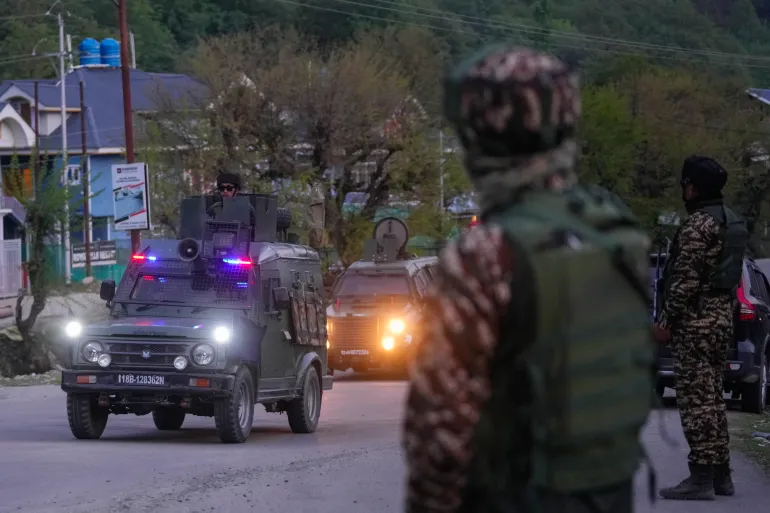

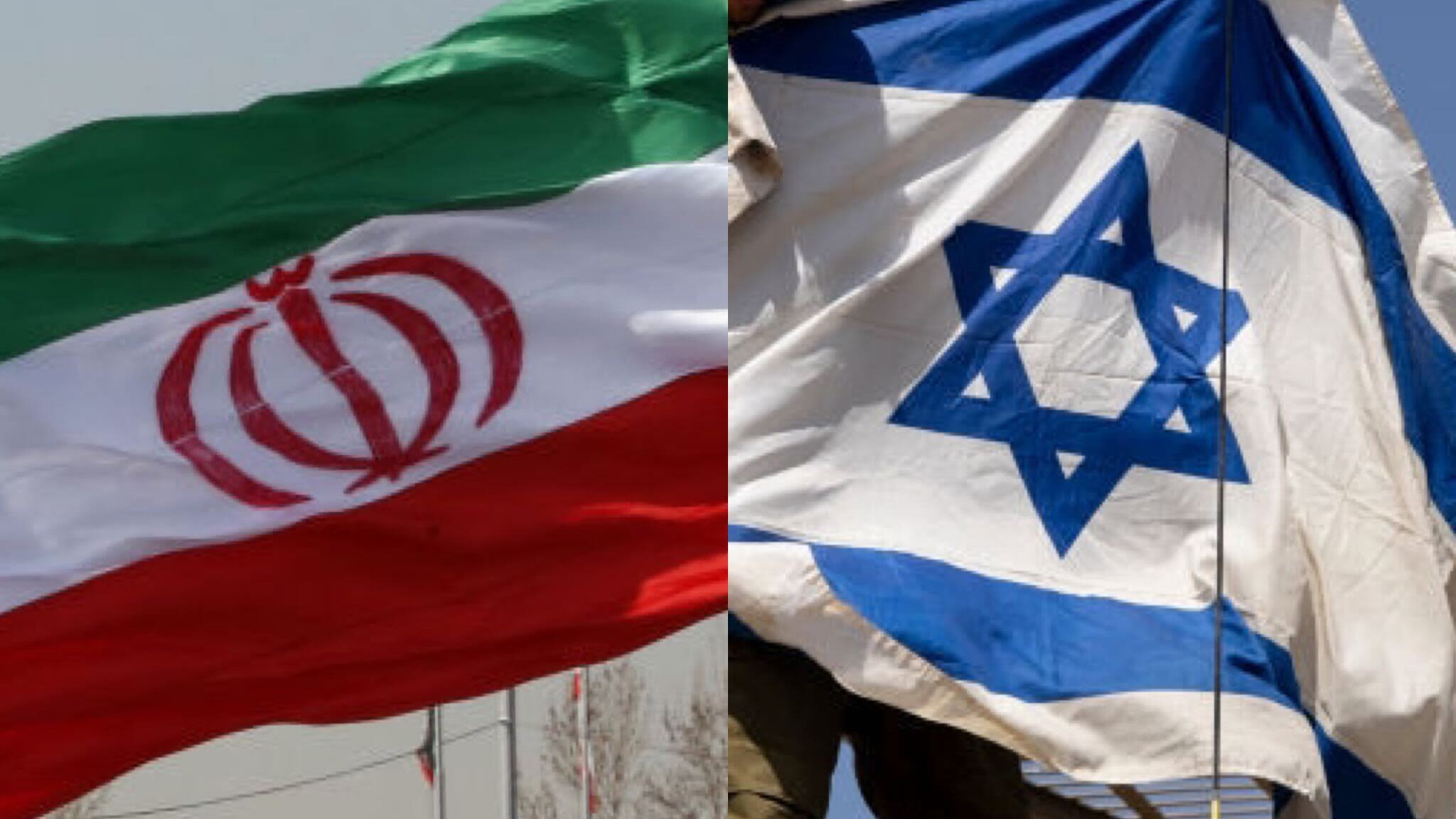



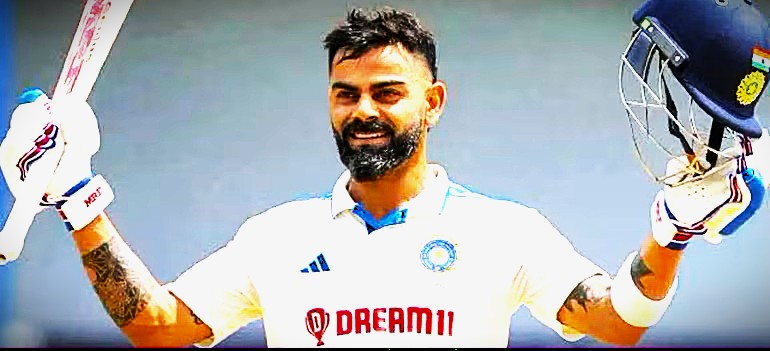
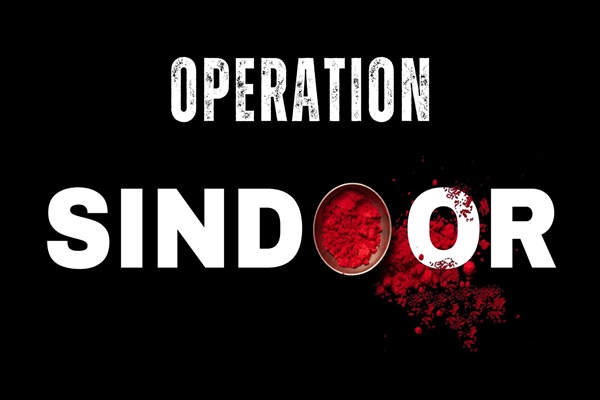
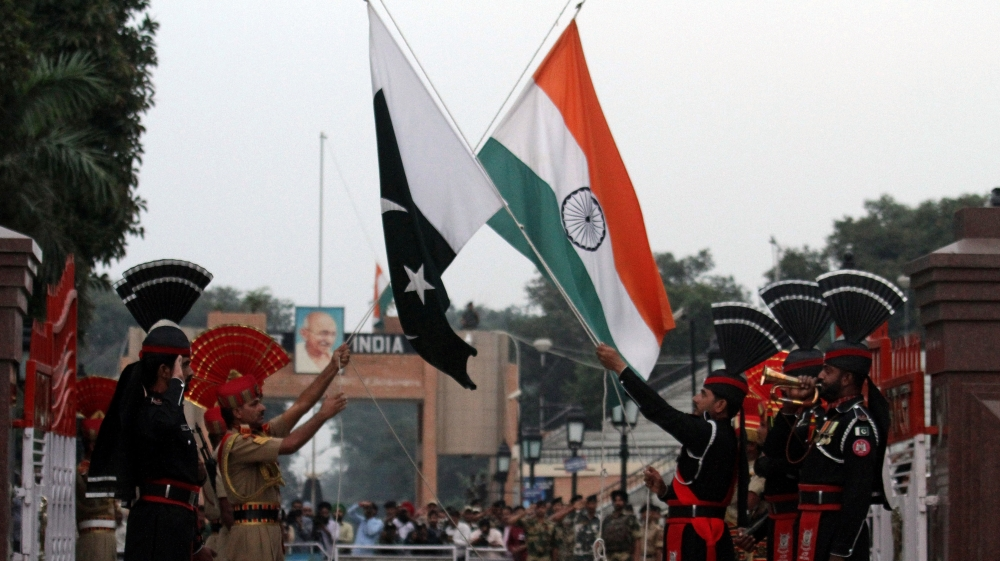
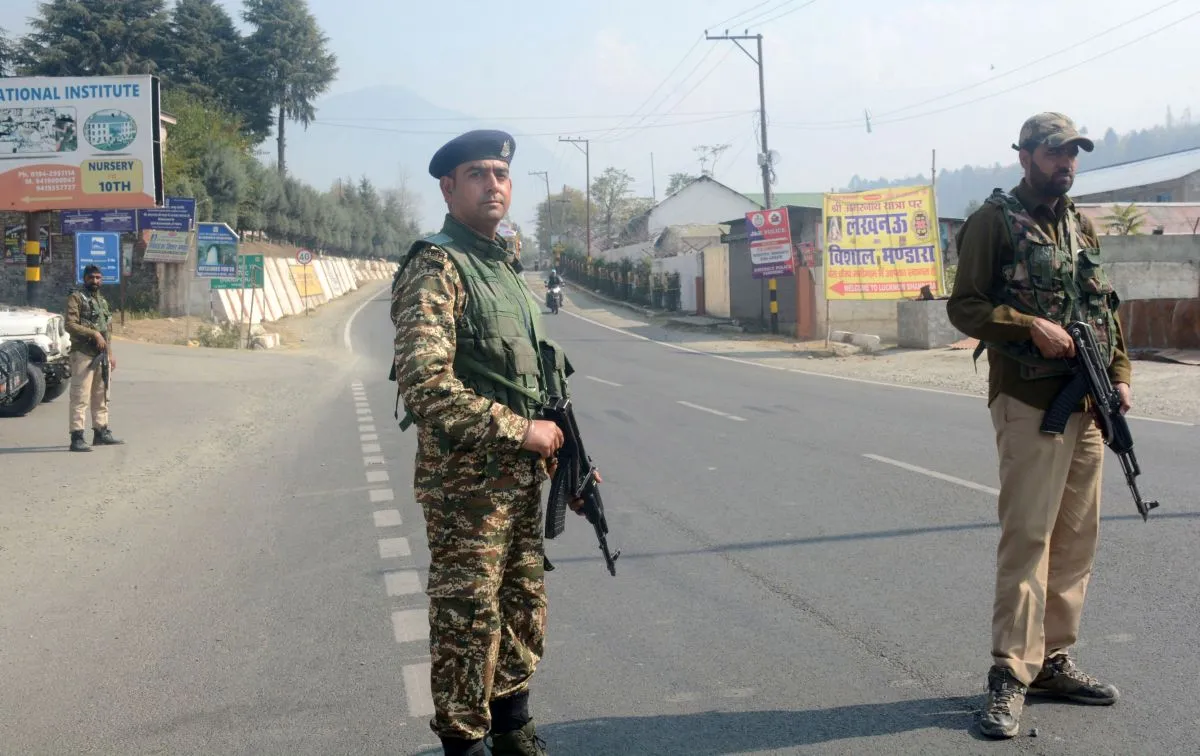



Adventure Travel
The language of the input text is English. Here is the comment in English:
The attack in Baisaran Valley is a horrific reminder of the ongoing tensions in the region. Targeting innocent tourists during peak season shows a complete disregard for human life. The eyewitness accounts paint a chilling picture of the events that unfolded that day. It’s deeply unsettling to see such violence used as a tool for terror. How can the international community effectively address cross-border terrorism to prevent such tragedies in the future?